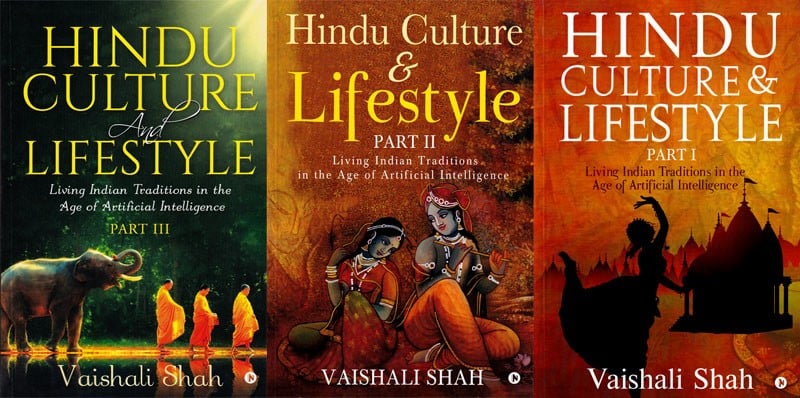
India is a land of diverse cultures and traditions, with Hinduism being one of the oldest and most profound religions in the world. The rich tapestry of Hindu culture is woven with rituals, beliefs, and practices that have been passed down through generations. To truly understand and appreciate the essence of Hinduism, one must delve deep into its mysteries and traditions. In this comprehensive guide book, we will explore the fascinating world of Hindu culture book, uncovering its mysteries and shedding light on its customs and practices.
The Origins of Hindu Culture
The Four Vedas
- The Vedas are the oldest sacred texts of Hinduism, believed to have been composed around 1500 BCE.
- There are four Vedas – Rigveda, Samaveda, Yajurveda, and Atharvaveda – each containing hymns, rituals, and philosophical teachings.
- These texts form the foundation of Hindu culture and provide a glimpse into the ancient wisdom of the sages and seers.
The Epics: Ramayana and Mahabharata
- The Ramayana and Mahabharata are two epic narratives that are central to Hindu culture.
- The Ramayana tells the story of Lord Rama's journey to rescue his wife Sita, while the Mahabharata narrates the epic battle of Kurukshetra.
- These epics are not just stories but also contain profound moral teachings and philosophical insights.
Beliefs and Practices in Hindu Culture
Concept of Dharma
- Dharma is a central tenet in Hindu culture, referring to one's duty or righteous conduct.
- It encompasses moral, ethical, and spiritual responsibilities that guide an individual's actions and decisions.
- Living in accordance with dharma is believed to lead to spiritual growth and liberation.
Reincarnation and Karma
- Central to Hindu belief is the concept of reincarnation, which holds that the soul is reborn in a new body after death.
- Karma, the law of cause and effect, determines the nature of one's next life based on their actions in the current life.
- Through the cycle of reincarnation and karma, individuals have the opportunity to learn and progress spiritually.
Celebrations and Festivals in Hindu Culture
Diwali
- Diwali, also known as the Festival of Lights, is one of the most important festivals in Hindu culture.
- It celebrates the victory of light over darkness and good over evil.
- During Diwali, homes are decorated with lights, and prayers are offered to Goddess Lakshmi for prosperity and blessings.
Holi
- Holi is the festival of colors, marking the arrival of spring and the triumph of good over evil.
- People celebrate Holi by throwing colored powders and water at each other, symbolizing joy and unity.
- It is a time of fun and frolic, with music, dance, and delicious sweets adding to the festive spirit.
Art and Architecture in Hindu Culture
Temples
- Hindu temples are architectural wonders that reflect the rich heritage and spiritual beliefs of the culture.
- They are adorned with intricate carvings, sculptures, and paintings that depict various deities and mythological tales.
- Temples serve as sacred spaces for worship, meditation, and spiritual contemplation.
Dance and Music
- Classical dance forms like Bharatanatyam, Kathak, and Odissi are integral to Hindu culture, expressing devotion and storytelling through movement.
- Hindustani and Carnatic music are classical music traditions that are deeply rooted in Hindu rituals and ceremonies.
- Music and dance play a vital role in religious ceremonies, festivals, and cultural performances.
Conclusion
Through this comprehensive guide book, we have scratched the surface of the vast and mystical world of Hindu culture. From its ancient scriptures and beliefs to its colorful festivals and artistic expressions, Hinduism is a way of life that encompasses spirituality, philosophy, and tradition. By exploring and understanding the mysteries of Hindu culture, we gain a deeper appreciation for the diversity and richness of this ancient civilization.